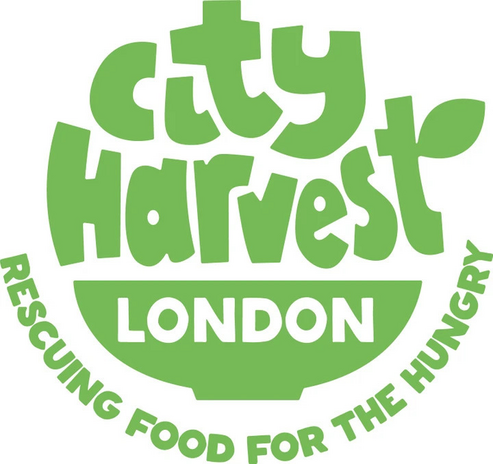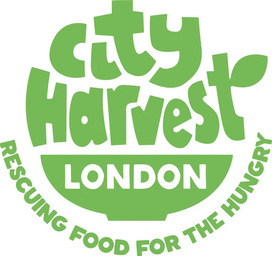This summer, I had the privilege of working for City Harvest London, an incredible non-profit with the ambitious aim of combatting food poverty in London. As a proud food and sustainability freak, the organisation was quite perfectly suited to my interests. However, as soon as I started working at City Harvest, I realised my experience would go far beyond just learning a few new skills and giving back to my community. As I started to connect with my team and our volunteers, food providers, and affiliated charities, the holes in the big picture of food poverty began to come together in my mind. I was astounded by the extent of the issue and how little awareness there is around it, and the revelations I had were too impactful not to share.
More than 2,900 tonnes of edible food are thrown away in London everyday, while at the same time, 2.25 million Londoners don’t have access to the food they need (that’s over one fifth of the population!). City Harvest essentially aims to bridge the gap between these two major problems. In a nutshell, it is a sustainable food redistribution charity that collects surplus food and sends it to over 350 charities across London. All day long, the City Harvest vans zip around the city and suburbs of London, collecting unused but perfectly edible food from markets, wholesalers, farms, and restaurants, bringing it back to the warehouse to be sorted and chilled, and sending it out again to food banks, homeless shelters, schools, and domestic abuse and mental health centres. The food these charities receive helps them cook and serve healthy meals each week and reduces their annual grocery bills, freeing up funds to be used for other vital support services. Rather than food producers paying to send their waste to landfill, City Harvest redistributes their surplus and short-dated stock to the thousands of people across London who cannot afford the food that they need to survive. To date, they have donated food valued at more than £21 million, and offset over 28,000 tonnes of greenhouse gases.
The concept of the charity seems like a bit of a no-brainer when you look at food poverty statistics, but the execution of such a logistically-complicated ambition is a whole different story. I was completely mind-blown by the amount of food that arrives in and goes out of the warehouse every single day. There is almost always more demand than supply, and the challenge is to balance the two while also raising awareness about the company, organising the dozens of warehouse volunteers, planning fundraising events, and maintaining positive relationships with big food brands such as Ocado, Nando’s, and Amazon Fresh, as well as small local distributors who don’t even have a phone number or website. Working in such a fast-paced environment requires all hands on deck, but when those hands are so passionate about making a difference in an area they deeply care about, the job becomes incredibly rewarding.
This prevailing sense of enthusiasm was my favourite aspect of working at City Harvest (obviously excluding the daily taste-testing of new snacks and fresh produce). It was so apparent that every single person working and volunteering at the charity cared so much about its general initiatives, about giving the warehouse volunteers a rewarding experience, and about whole-heartedly devoting their time and energy into giving back to their community.
It’s no surprise that people are catching on to the incredible work City Harvest does. The amazing CEO, Laura Winningham, was even awarded an OBE in the Queen’s Birthday Honours List 2020 for the organisation’s rapid emergency response to food waste and poverty throughout COVID-19. Although the concept of City Harvest seems like a relatively obvious solution to the food waste and food poverty crises, there are actually very few other charities with similar initiatives, making City Harvest’s impact even more impressive.
In case you couldn’t tell by now, I adored my summer at City Harvest. Aside from the valuable personal experience I received working for a charity with such a great team, the perspective I gained regarding food waste and poverty was most impactful. It was only when I experienced it first-hand that I realised the sheer scale to which food manufacturers produce and sell their stock, the number of people this food reaches, and more importantly, the number of people it does not reach. Since working at City Harvest, I have become more mindful than ever about meal-planning to reduce waste, checking product use-by versus best-by dates (most foods with a best-by label have a much longer shelf life than what is displayed on the package and are still completely edible), and supporting brands that explicitly aim to cut down waste. Please take my rewarding and eye-opening experience at City Harvest as a reminder to be conscious of your own food waste– I know for a fact that there is someone out there who will thank you.


